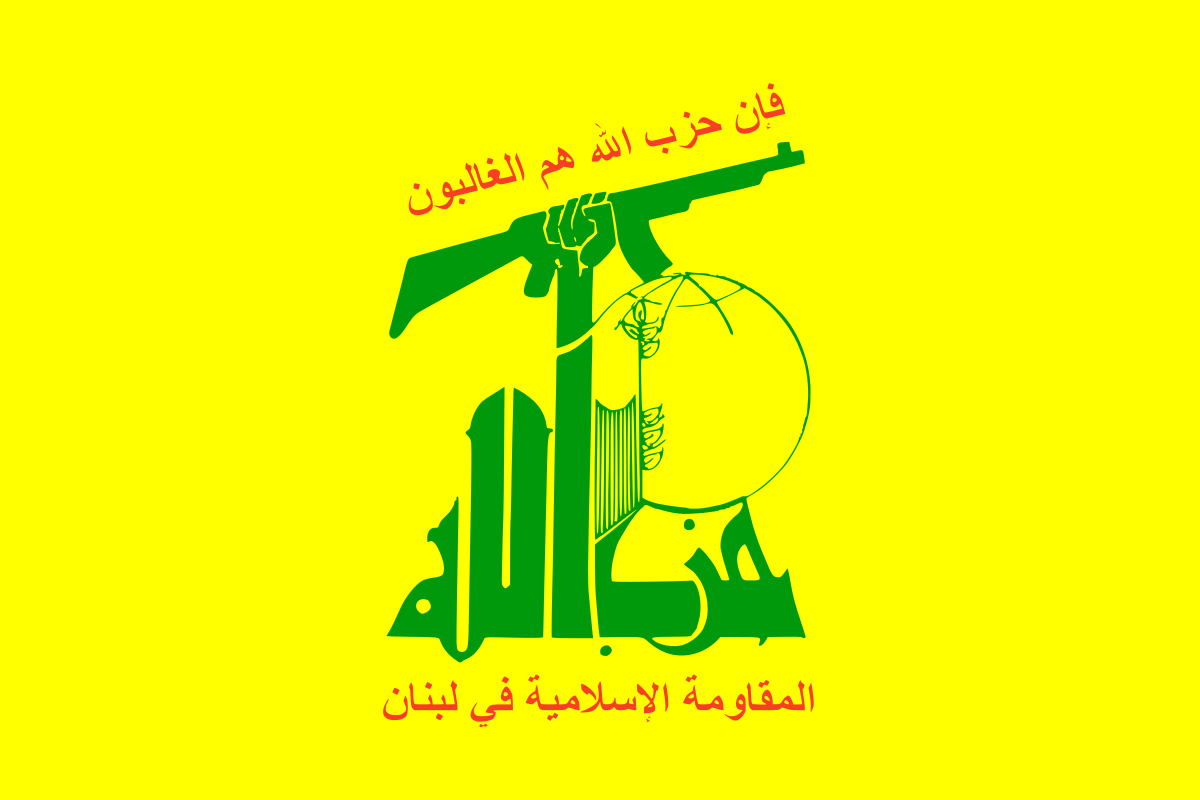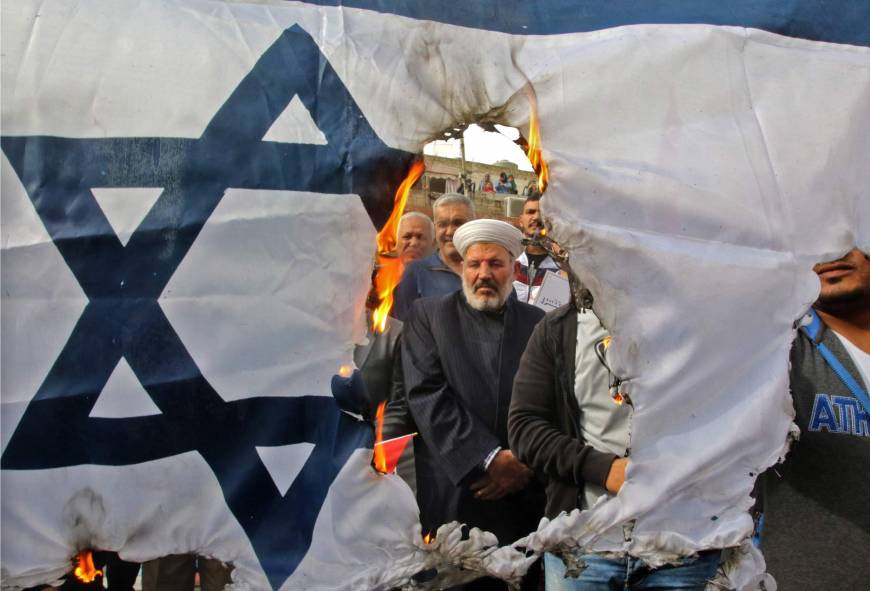Despite being populated by Christians and Muslims and located between Syria and Israel – existing in an almost perpetual war zone – Lebanon doesn’t seem to make news headlines much today. When I was younger, Lebanon was in the news more often. It’s beautiful capital city, Beirut, was once known as “the Paris of the East.” Beirut was a banking haven for Middle Eastern oil wealth. Then Iranian revolutionaries eventually known as Hezbollah started organizing a civil war in Lebanon.
As Wikipedia notes: “this era of relative prosperity ended in 1975 when the Lebanese Civil War broke out throughout the country. During most of the war, Beirut was divided between the Muslim west part and the Christian east…. About 60,000 people died in the first two years of the war (1975–1976), and much of the city was devastated…. Syrian troops [entered the civil war on the Islamic side and] relentlessly shelled the eastern quarter of the city, but Christian militias defeated multiple attempts by Syria’s elite forces to capture the strategic area in a three-month campaign later known as the Hundred Days’ War.”
I remember being told that if someone wealthy wanted to kill someone for entertainment, they could go to Beirut and be set up with a sniper rifle for about $10,000 – just to experience killing someone. No one would even notice.
Attacks on Lebanese Christians and rocket attacks on Israel led to foreign peacekeeping forces intervening. France, which had ruled Lebanon from WWI through WWII, sent troops, as did the United States. Christian forces retreated south towards the Israeli border, where, with Israel’s help, the South Lebanon Army maintained what was left of the Free Lebanon State. “Another destructive chapter was the 1982 Lebanon War, during which [Israeli forces entered Lebanon directly to help Lebanese Christians against Lebanese Muslims, Syrian forces, and the Iranian backed terrorist organization – Hezbollah.] Most of West Beirut was under siege by Israeli troops. In 1983, French and US barracks were bombed, killing 241 American servicemen, 58 French servicemen, six civilians and the two suicide bombers.”
Hezbollah grew with Iranian funding, and Israel eventually withdrew from southern Lebanon. Hezbollah outgrew the official Lebanese Army and has been called “a state within a state.” They murdered all opposition, including the 2005 assassination of Lebanese Prime Minister Hariri (and 21 others were also killed by the bomb.) But the most notable incident between Lebanon and Israel since the end of the civil war was in the summer of 2006. “The conflict was precipitated by a cross-border raid during which Hezbollah kidnapped and killed Israeli soldiers. The conflict began on 12 July 2006 when Hezbollah militants fired rockets at Israeli border towns as a diversion for an anti-tank missile attack on two armored Humvees patrolling the Israeli side of the border fence, killing three, injuring two, and seizing two Israeli soldiers.” Israel retaliated and a month long war with Lebanon followed.

Hezbollah’s AK-47 flag says it all… They have also been very active in international terrorism, including at least one hijacking (TWA flight 847 in 1985) and Hezbollah is also responsible for bombings and assassinations in Turkey, Iraq, Bulgaria, Cyprus, Syria, Kuwait, Saudi Arabia, even as far away as Buenos Aires in Argentina, the 1992 Israeli Embassy attack in Buenos Aires, where 19 were killed, and then the bombing of the Jewish Community Center in in Buenos Aires in 1994, when 85 people were killed. Israeli commander Gui Zur called Hezbollah “by far the greatest guerrilla group in the world.”
Wikipedia’s article on Hezbollah says: “Hezbollah literally “Party of Allah” or “Party of God”)—is a Shi’a Islamist political party and militant group based in Lebanon. Hezbollah’s paramilitary wing is the Jihad Council, and its political wing is Loyalty to the Resistance Bloc party in the Lebanese parliament. Since the death of Abbas al-Musawi in 1992, the group has been headed by Hassan Nasrallah, its Secretary-General. The group is considered a terrorist organization by the United States, Israel, Canada, the Arab League, the Gulf Cooperation Council, along with its military wing by the United Kingdom, Australia and the European Union.”
“There is no legal and legitimate state called Israel.” – Hassan Nasrallah
“Palestine is an occupied land from the Mediterranean Sea to the Jordan River, and this is the right of the entire Palestinian people, this land.” – Hassan Nasrallah
“Permanent peace is impossible.” – Hassan Nasrallah
“I am against any reconciliation with Israel.” – Hassan Nasrallah

If WWIII starts in the near future as Nostradamus prophecies describe it, Hezbollah and Iran will be front and center…
Unfortunately, Democrats – especially the pro-Iranian President Obama, supported Hezbollah whenever possible. “John Brennan, who would become Obama’s top counterterrorism adviser and then CIA director, went further than the president in improving relations with Iran.” (Many suspect Brennan could be indicted soon on charges like criminal negligence and corruption.) Senator Rand Paul said of Brennan: “I filibustered Brennan’s nomination to head the CIA in 2013, and his behavior in government and out of it demonstrate why he should not be allowed near classified information.”
“In its determination to secure a nuclear deal with Iran, the Obama administration derailed an ambitious law enforcement campaign targeting drug trafficking by the Iranian-backed terrorist group Hezbollah, even as it was funneling cocaine into the United States, according to a POLITICO investigation.
The campaign, dubbed Project Cassandra, was launched in 2008 after the Drug Enforcement Administration amassed evidence that Hezbollah had transformed itself from a Middle East-focused military and political organization into an international crime syndicate that some investigators believed was collecting $1 billion a year from drug and weapons trafficking, money laundering and other criminal activities.”
“They followed cocaine shipments, tracked a river of dirty cash, and traced what they believed to be the innermost circle of Hezbollah and its state sponsors in Iran.”
“But as Project Cassandra reached higher into the hierarchy of the conspiracy, Obama administration officials threw an increasingly insurmountable series of roadblocks in its way, according to interviews with dozens of participants who in many cases spoke for the first time about events shrouded in secrecy, and a review of government documents and court records. When Project Cassandra leaders sought approval for some significant investigations, prosecutions, arrests and financial sanctions, officials at the Justice and Treasury departments delayed, hindered or rejected their requests.”
Despite Hezbollah’s anti-Israel focus, in recent years Hezbollah has even attacked other Lebanese factions (since 2008) but has concentrated on defending Syria’s Assad from rebel forces in Syria’s civil war, and has also supported Iran’s ambitions in Iraq as Iran started fighting ISIS in 2014 in an attempt to dominate (at least the Shi’ite portions of) Iraq.
HEZBOLLAH’S EVOLUTION
We can define the changes that Hezbollah has undergone by dividing the organization’s development into five key stages:
• 1982-1992 – “The gang” – From the establishment of the organization by Iran, its focus was on carrying out terrorist attacks against Western targets in Lebanon and abroad, guerrilla warfare against IDF forces in southern Lebanon, to the appointment of Hassan Nasrallah as Secretary General and the decision to enter the Lebanese political establishment (the parliamentary elections of 1992).
• 1992-2000 – “Establishing the resistance narrative” – During this period, LH established its power base in southern Lebanon, while constantly underscoring its narrative of resistance to occupation, rounds of violence and conflict with the IDF (1993 & 1996), until the IDF pullout from Lebanon in May 2000.
• 2000-2006 – “The golden age of resistance” – During this period, Hezbollah developed a deterrent balance against Israel and operated subject to a variety of pretexts (the Shaba Farms, border violations, the Lebanese prisoners and support to the Palestinian struggle), and gained both military and political strength (alliance with Bashar Assad and the assassination of Rafiq Hariri) until the withdrawal of the Syrian forces from Lebanon, the “Cedar Revolution” and the second Lebanon War.
• 2006-2013 – “A state within a state” – Hezbollah restored and even increased its military power following the war with both support and funding from Syria and Iran, reaching the point of an internal military conflict in Lebanon (2008), following a conflict regarding Hezbollah’s weapons of resistance and a demand to dismantle the independent communications network set up by the organization. However, Hezbollah was deterred from taking action against Israel from Lebanese soil.
• 2013-2018 – “Hezbollah’s Regional Role” – The main shaper during these years has been the ongoing Hezbollah presence and combat in Syria, which to a large extent took over from and sidelined the organization’s resistance to Israel. The combat effort exacted a heavy price from Hezbollah, resulting in thousands of fatalities and wounded amongst its fighters, and consumed immense economic resources requiring Hezbollah to significantly increase its combat force. At the same time, they are trying to expand their influence and regional outreach, including in Iraq and Yemen.
I hope organizations like Hezbollah wither away on their own; but with strong Iranian support, it is up to American politicians to counter them. What do your Congressmen and Senators say in regard to Hezbollah? If they’re Democrats, you might be surprised.
[youtube https://www.youtube.com/watch?v=8DX-hjPYwjs&w=866&h=487]
